Computer Networks & Ethical Hacking Basics
(C++/Python)
This course helps students to gain integrated knowledge in computer networks, basics of encryption, hashing, and encoding, and the various tools and techniques of ethical hacking. You will make your own algorithms of various encryption techniques and hashing techniques. You will build awareness using various tools such as Wire Shark, Hydra, Kali Linux, and SQL Injections. This course will provide you a solid basis to understand how hackers think and what vulnerabilities you should be aware of in real life to be safe.
Course Structure
- Introducing ipconfig, ping, nslookup, dig, host, traceroute, and netstat commands.
- Overview of Internet Architecture
- Basics of Computer Networks
- What is a Protocol?
- Basics of TCP/IP
- Ethical Hacking Orientation
- Introduction to Windows vs. Linux
- Different types of Users and Permissions in Operating System
- Theory on types of attacks on Android and iOS phones
- Theory on IP, Host, LAN, WAN, Router and Firewall
- Theory of Malware, Spyware, Sniffing, and Denial of Service attacks
- Theoretical basis of Keylogger Algorithms
- Basics of Cryptography and good password practices
- Public Key Encryption Methods
- Intro to Kali Linux and File Structure
- Basic hacking techniques used in Kali Linux
- Da Vinci and ancient cryptography
- Hash vs. Encryption vs. Encoding
- Various Types of Ciphers
- Writing small encryption algorithms
- Penetration Testing with permission
- Web Cookie Analysis, SQL Injection Basics, & Cross-site Scripting Basics
- RLO naming for Trojans
- Electro-magnetic Spectrum, Radio Waves, nRF module, & Faraday Cages
- Vulnerabilities of Connected Devices & Juice Jacking
- Approach of Self-Replicating Programs (Quines)
- Intrusion Detection Systems, Process Hollowing, & Anti-virus Software
- Boot Sector, Polymorphic, Multipartite, Macro, and other viruses
- Good and Safe Internet Practices for Kids
- Recap Lessons on Ethical vs. Unethical Hacking
- Writing simple reports

Tools/Platform:


Languages Covered:
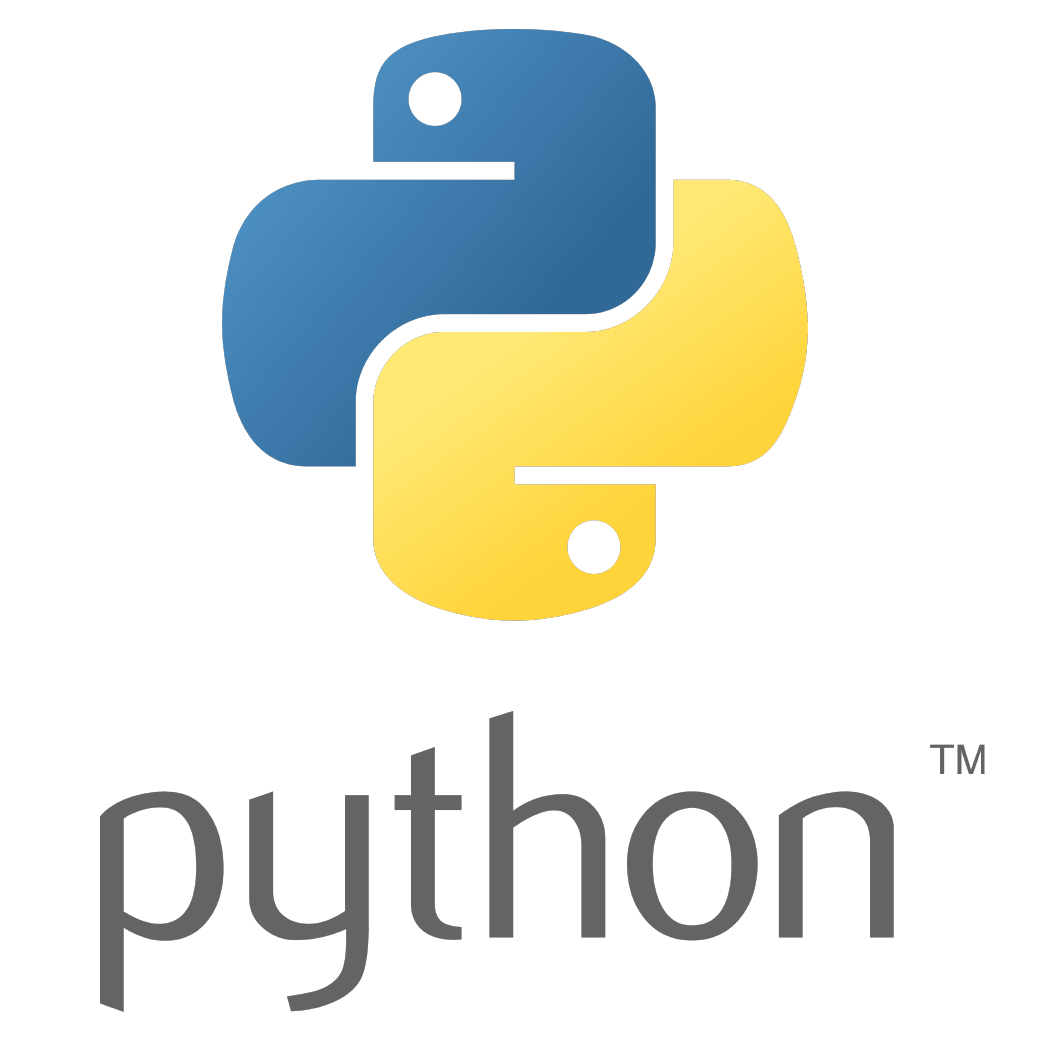
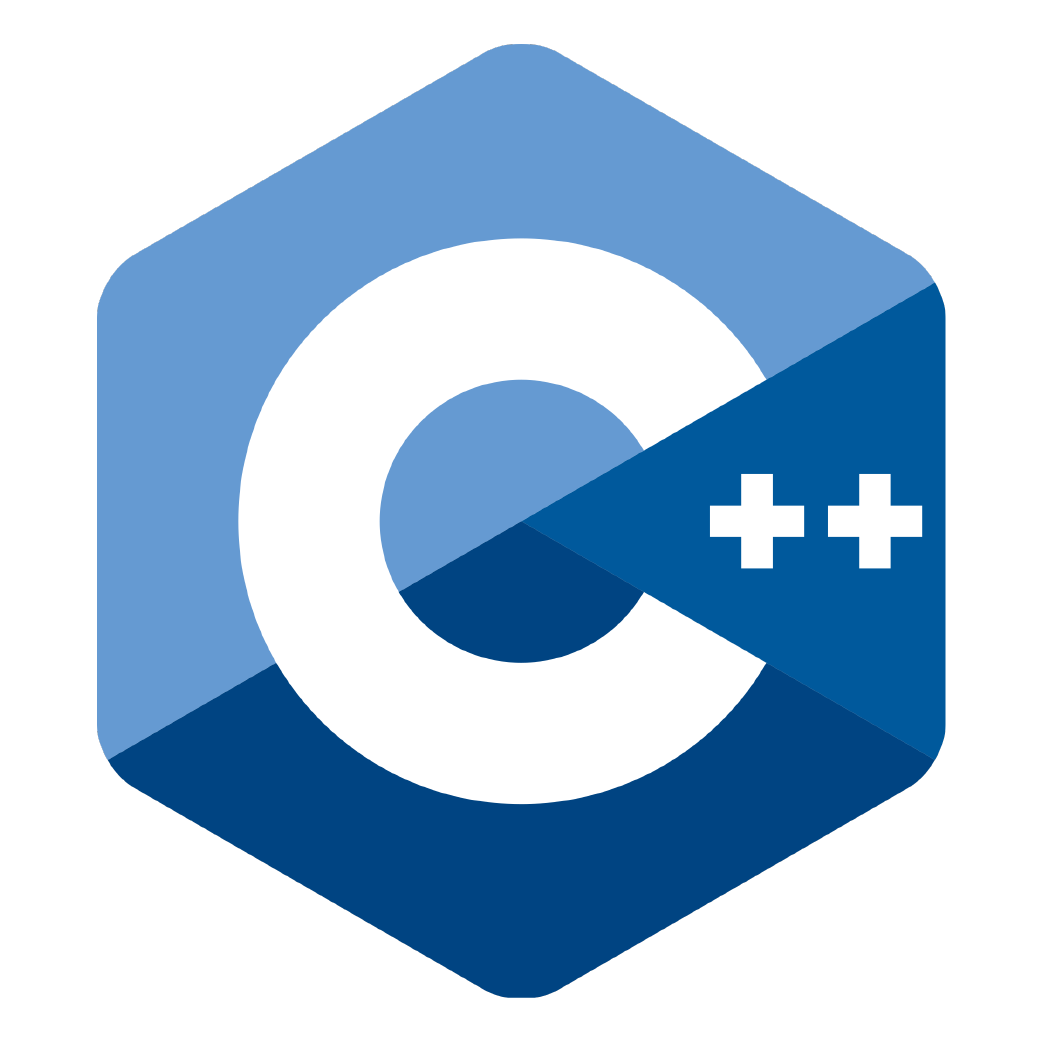
Duration: 30 Classes, 2 classes/week
Price per 1:1 class:
Coding Olympiad (IOI) Preparation Course
(C++)
This course is for students who already had basic exposure to coding and mathematics and who want to prepare for the IOI. Each country sends 4 students for IOI and each country has its own selection process at national level competitions which are equally prestigious. This course provides the basic fundamentals and covers the entire syllabus of IOI. Students from any country in the world can take this course to participate and compete for the exam as the syllabus is the same. The course is in two levels of preparation, as shown below.
*This course also provides additional question banks for IOI preparation.
Course Structure
Level 1:
- Axioms & Theorems
- Number Theory
- Number Problems & Puzzles
- Discrete vs. Continuous Maths
- .Logical Reasoning & Analysis
- Mathematical Induction
- Set Theory
- Linear Algebra
- First-order logic
- Series & Progressions
- Limits & Calculus
- When to apply Limits & Calculus
- Factorials
- Exponents & Logarithms
- When to apply Logarithms
- Euclidean Geometry
- Graphs
- Maxima and Minima
- Permutations & Combinations
- Writing basic algorithms/pseudo-code
Level 2:
- Searching Algorithms in C++
- Sorting Algorithms in C++
- Selection Algorithms in C++
- Graphs & Trees in C++
- Spanning & Traversals
- Applications of Recursion
- Linear & Non-linear data structures
- Data-types & Number System
- Problems on Arrays and Strings
- Advanced problems in Stacks & Queues
- Divide & Conquer Algorithms
- Algorithm Complexity
- Time & Space trade-offs
- Best, Average and Worst-case
- Theory of Computation
- Regular Expressions
- k-means clustering
- Taxi-cab Geometry
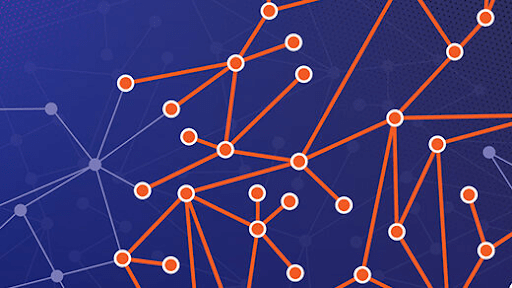
Tools/Platform:

Languages Covered:

Duration: 150 Classes, 3 classes/week
Price per 1:1 class:
Roblox Game Development
(Lua)
Children will learn to develop games in Roblox studio in this course. They would learn the programming language ‘Lua’, which is used to create games in Roblox. The course includes the entire fundamental programming concepts which would help get the necessary foundation for the children to develop games in Roblox studio in future. Children will also learn the programming basics and constructs to develop their skills in any programming language.
Course Structure
- Introduction to Roblox studio
- Game Designing in Roblox
- Scripting in Roblox studio
- Variables in Lua scripting and basics
- Make various games based on variables
- Introduction to Loops, Conditionals and Arrays in Lua
- Applying Loops and Conditionals
- Creating Player Tool and applying in creating games
- Collision and Collision detection
- Controlling media files such as camera, images, text, and frames
- Graphical User Interface basics
- Application of physics concepts in game development – Gravity, Collision, etc.
- Create and publish your own game in Roblox
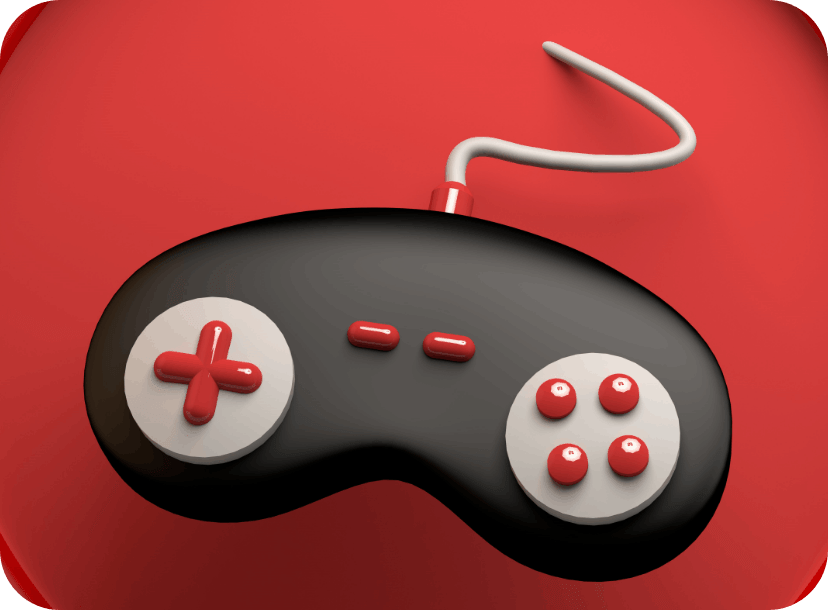
Tools/Platform:
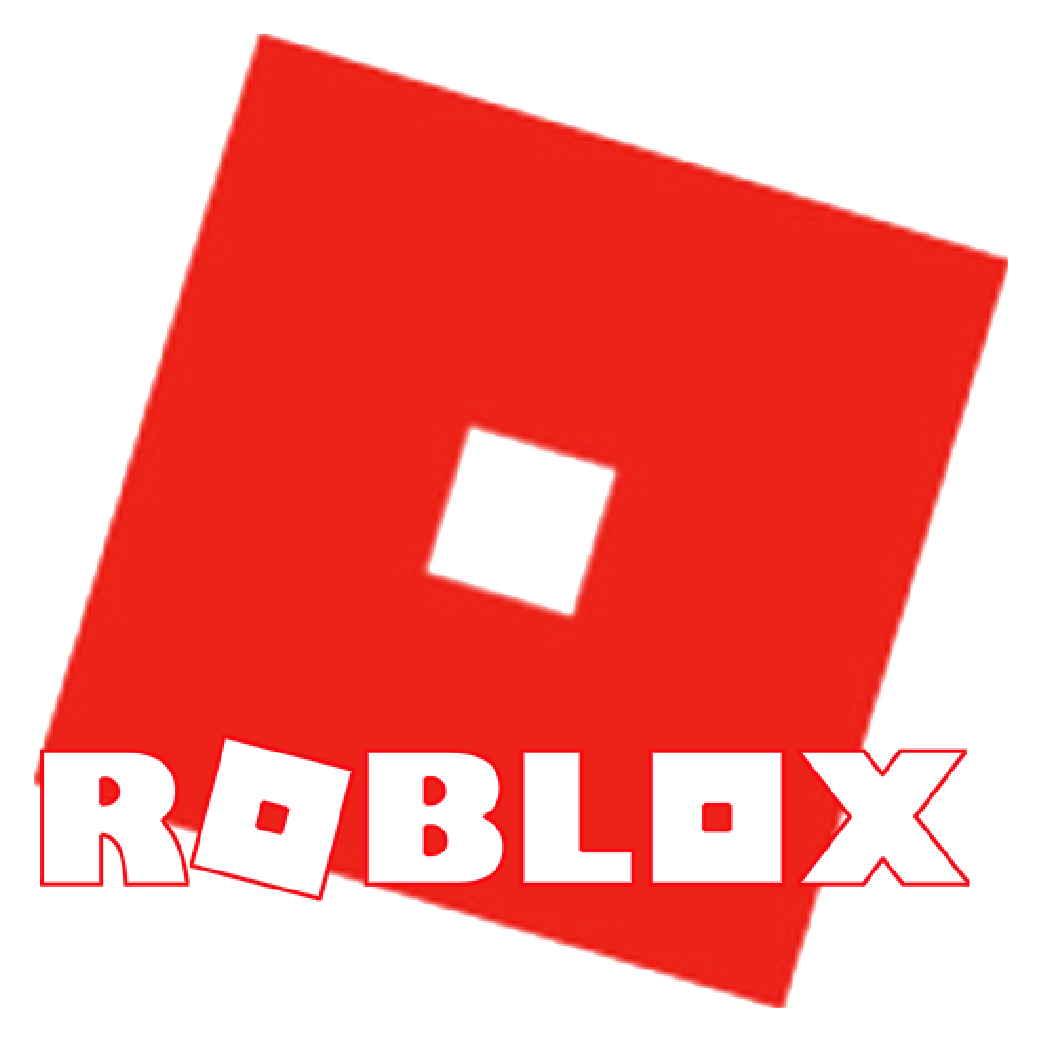
Languages Covered:
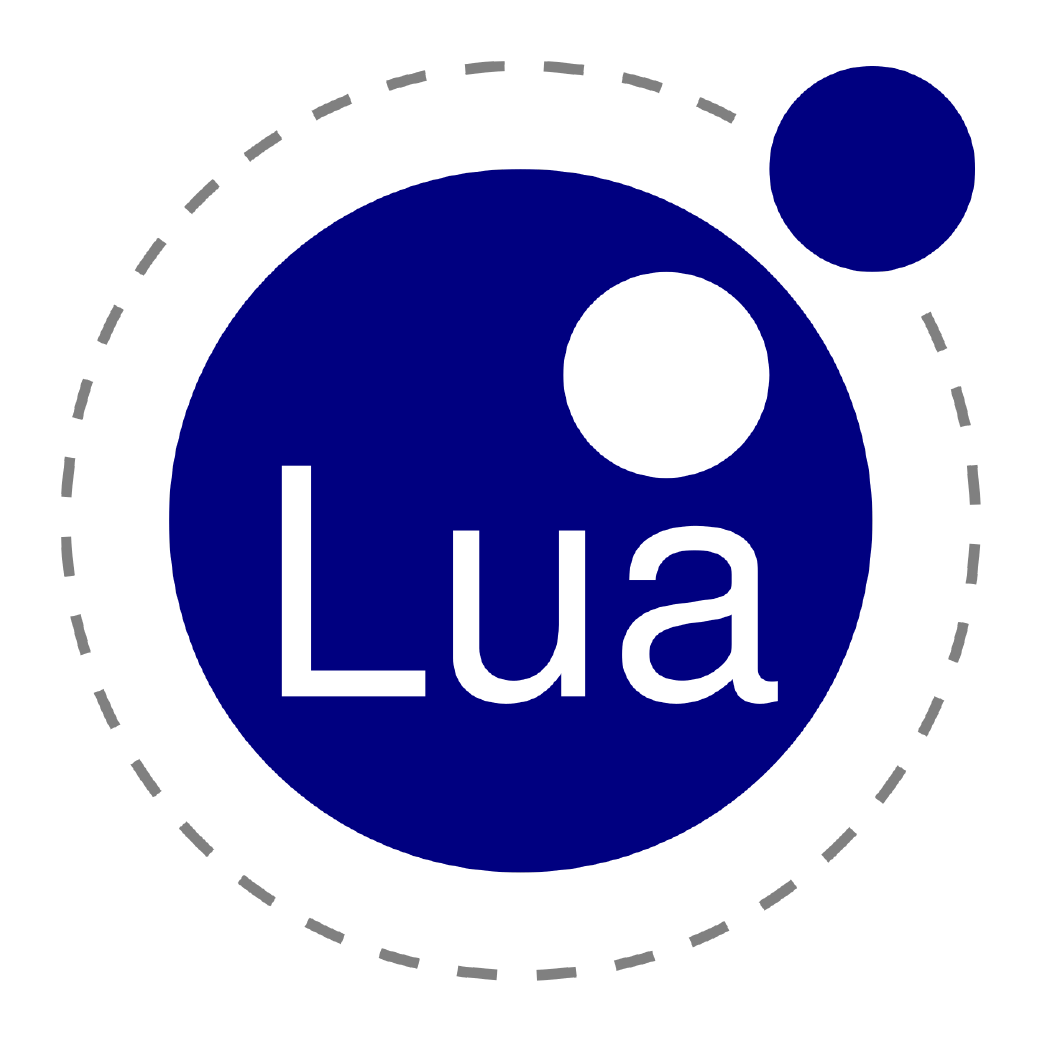
Duration: 70 Classes, 2-3 classes/week
Price per 1:1 class:
Graphics Designing
In this course, kids will learn about 3D modeling & animation by visualizing and creating their own 3D designs, enabling them to convert their imagination to reality. They will learn to use 3D tools and create objects in virtual space and will learn basic modeling and rendering.
Course Structure
- Introduction to 3D reality
- Basic 3D Geometry
- Understanding viewports
- Modeling using 3D forms
- Understanding and creating structures using polygon components
- Extrude and bevel tool in animation
- Materials and Lights
- Working with camera and render setup
- Components and Basic architecture modeling
- Modifying structure
- Basics of Animation
- Understanding Rendering
- Modeling & Textures
- Key frames and Frame per second
- Animation & Modeling Project
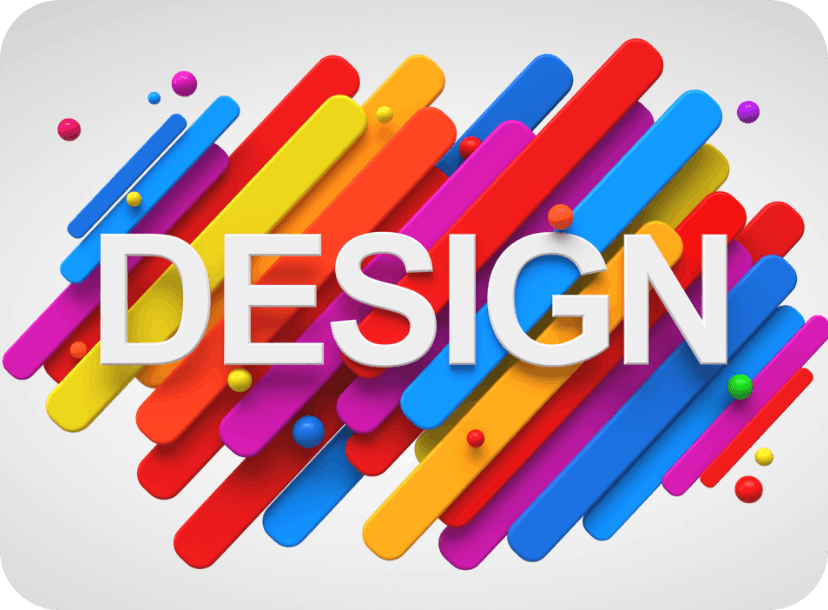
Tools/Platform:

Duration: 50 Classes, 2-3 classes/week
Price per 1:1 class:
AI and Machine Learning
Teaching machines to not only process but to make decisions. Students will be introduced to the concepts of Artificial Intelligence and Machine Learning. The course will introduce to simple machine learning models to students through games and interactive projects. Students will explore how to teach computers patterns, and then develop machine learning projects around basic data. By the end of the course children will be able to apply basic concepts of AI/ML.
Course Structure
- Introduction to Machine Learning and AI
- Types of Machine Learning Models
- Toying with IBM Watson Assistant
- Finding patterns – basic clustering and grouping
- Understanding different types of data – picture, video, text, etc.
- Machine learning cycle – identify, prepare, select the model, train, evaluate & deploy.
- Create your own AI/ML Project
- Supervised vs. Unsupervised Algorithms
- Classification vs. Prediction vs. Description Models
- Basics of Classification – face detection, speech recognition, spam mail classification, etc.
- Basic text sentiment analysis app
- Simulation – Deep Dream
- Introduction to Chatbots
- Creating Chatbots
- Integrating Chatbots in App
- Representing data in Vectors
- Correlation is not Causation
- Association vs. Prediction
- Programming basic models in Python and JavaScript
- Projects in NumPy, PyTorch, and TensorFlow
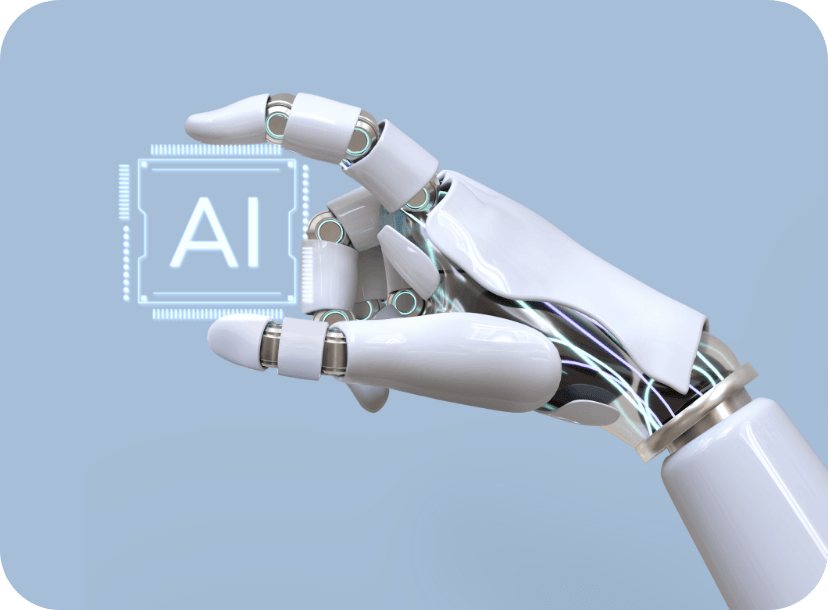
Tools/Platform:
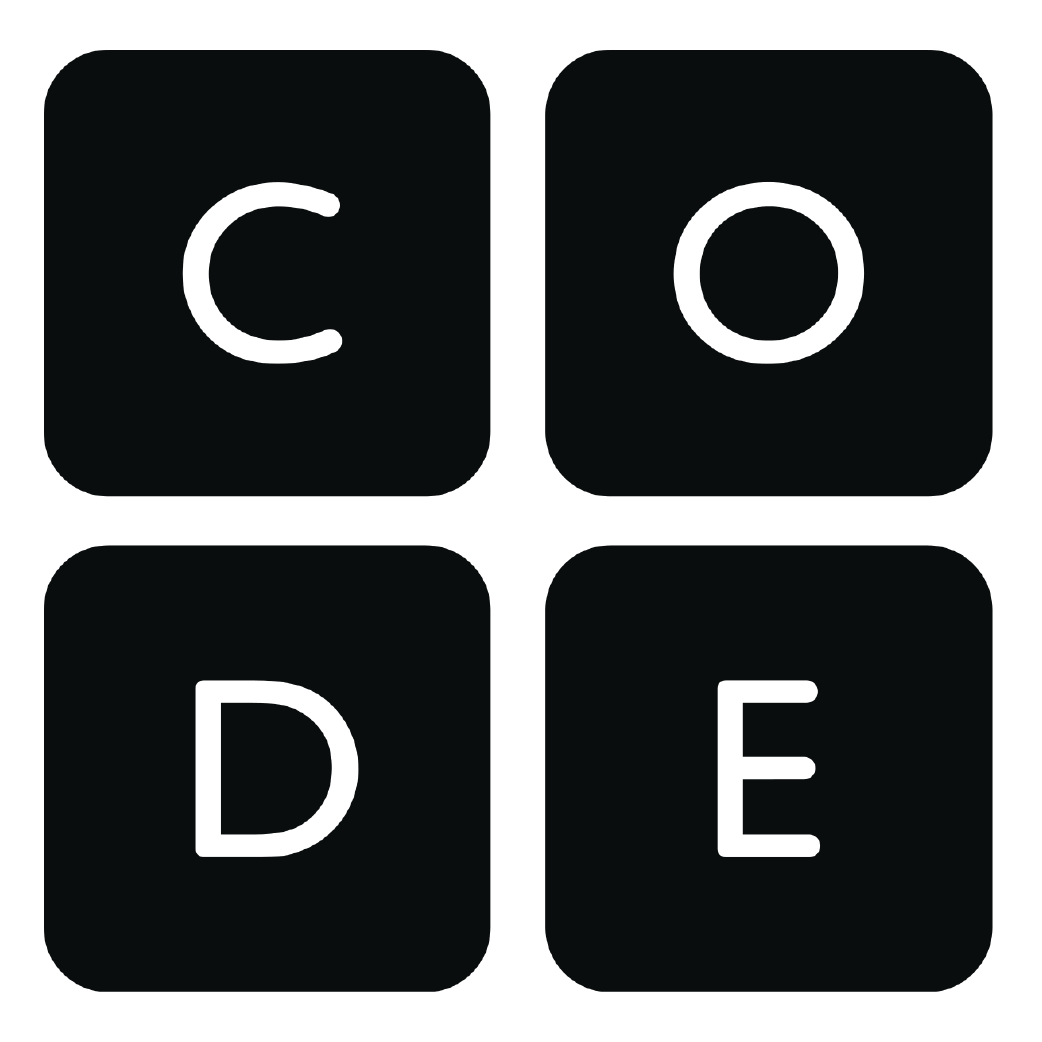
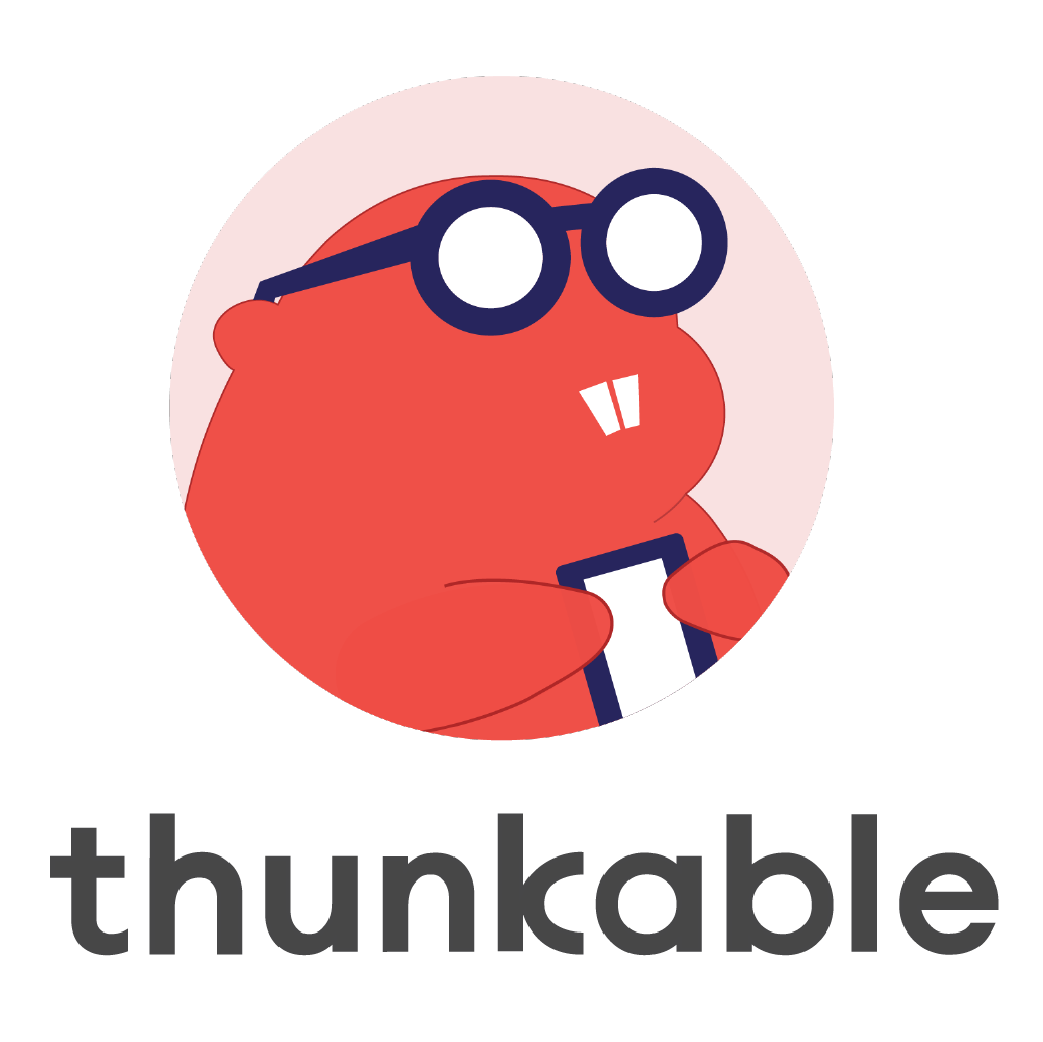
Duration: 50 Classes, 2-3 classes/week
Price per 1:1 class:
Student Works
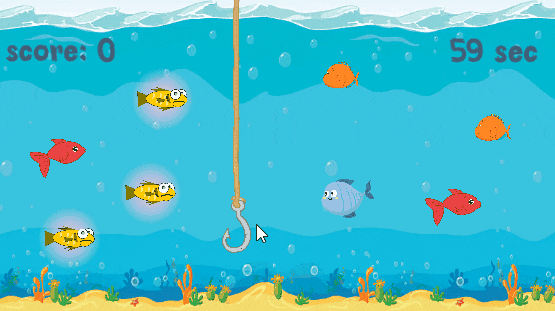
Fishing Game
Zuven
- Dubai
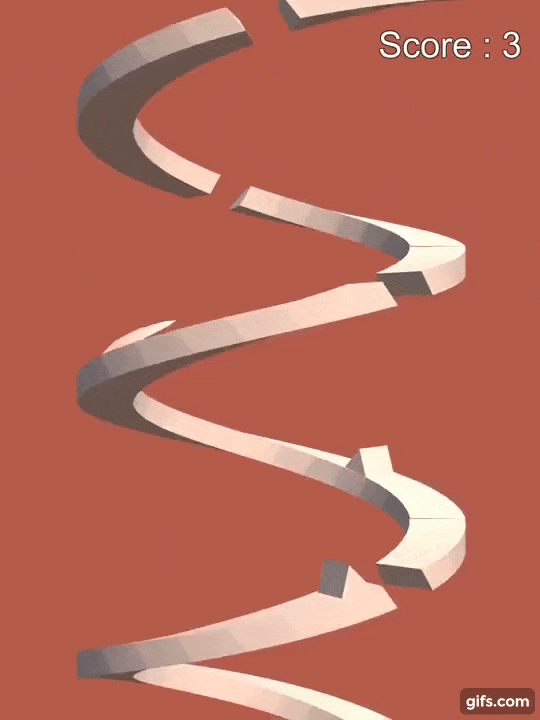
Escape Game
Aastha
- India
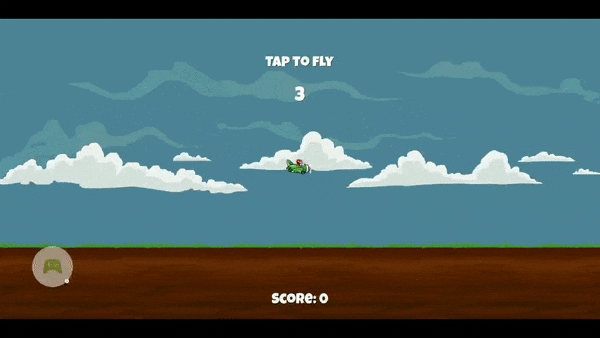
Countdown Timer App
Aayan
- Canada
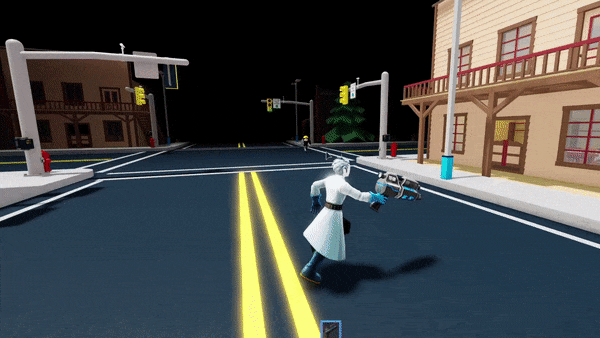
Fighting Game
Aiza
- Canada
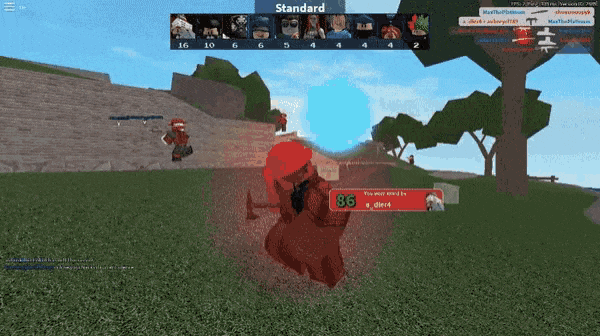
Arsenal Roblox Game
Aizan
- Dubai
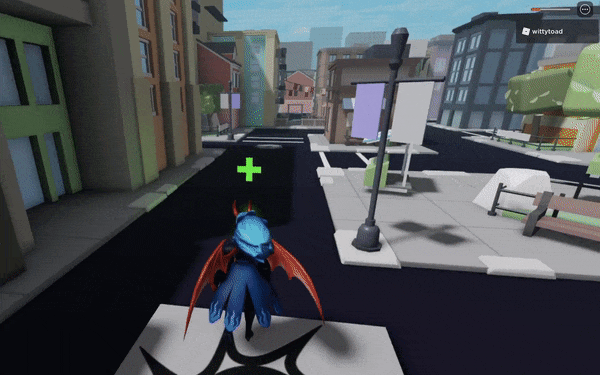
Save The City Game
Alex
- United Kingdom
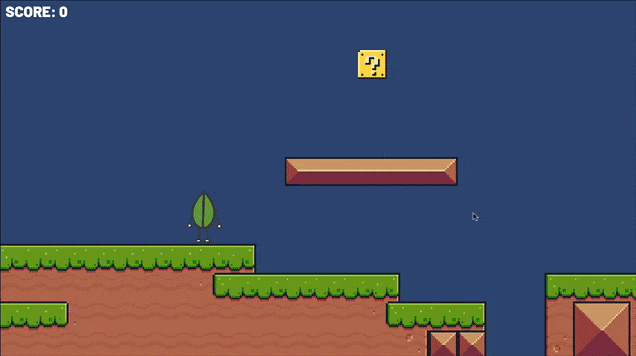
Leafy Game
Aniket
- Dubai
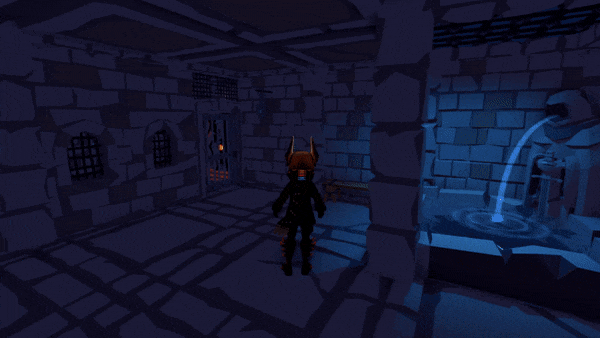
Find The Treasure Game
Anna
- US
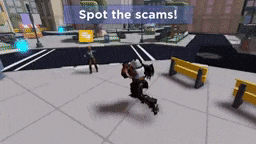
Spot The Scam Game
Arpita
- Australia
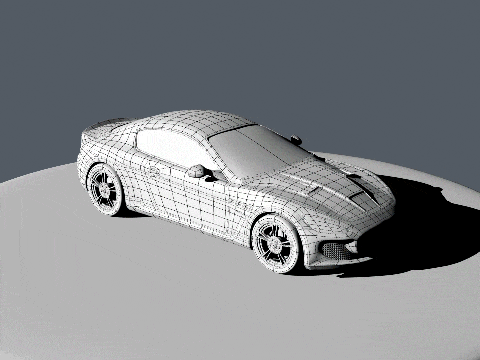
Car Animation
Ayeesha
- United Kingdom
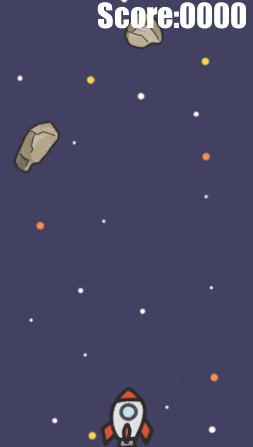
Space Shooter Game
Emma
- United Kingdom
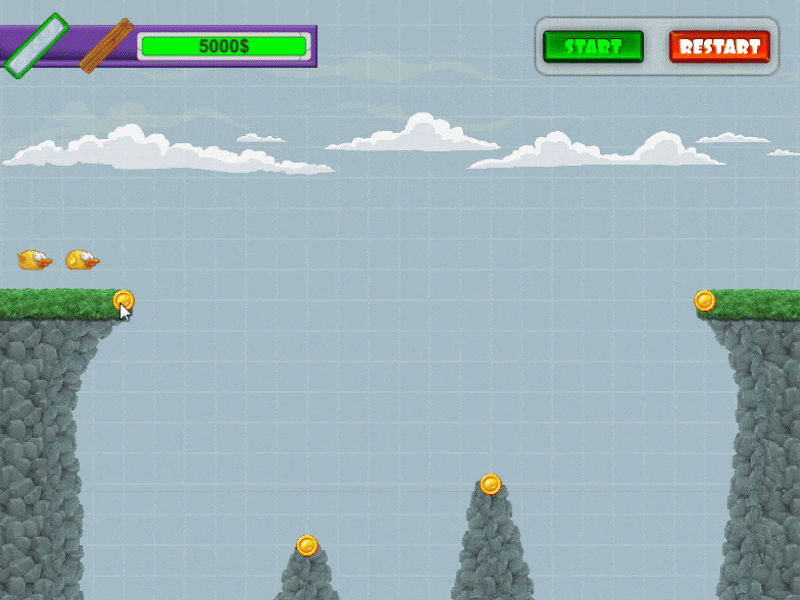
Bridge Building Game
Gerald
- United Kingdom
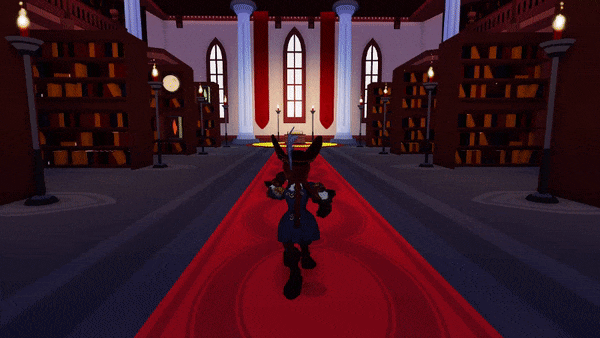
Story Game
Iyana
- United Kingdom

Space and Pizza Animation
Jordan
- Australia
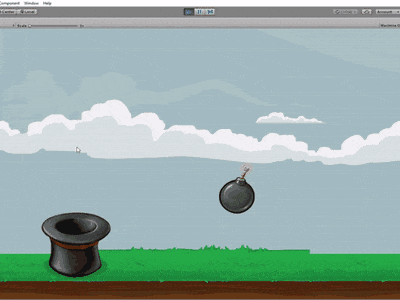
Catching Game
Natha
- US
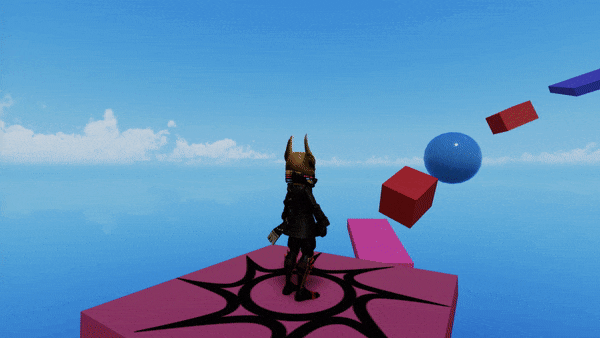
Obstacle Game
Neeraj
- US
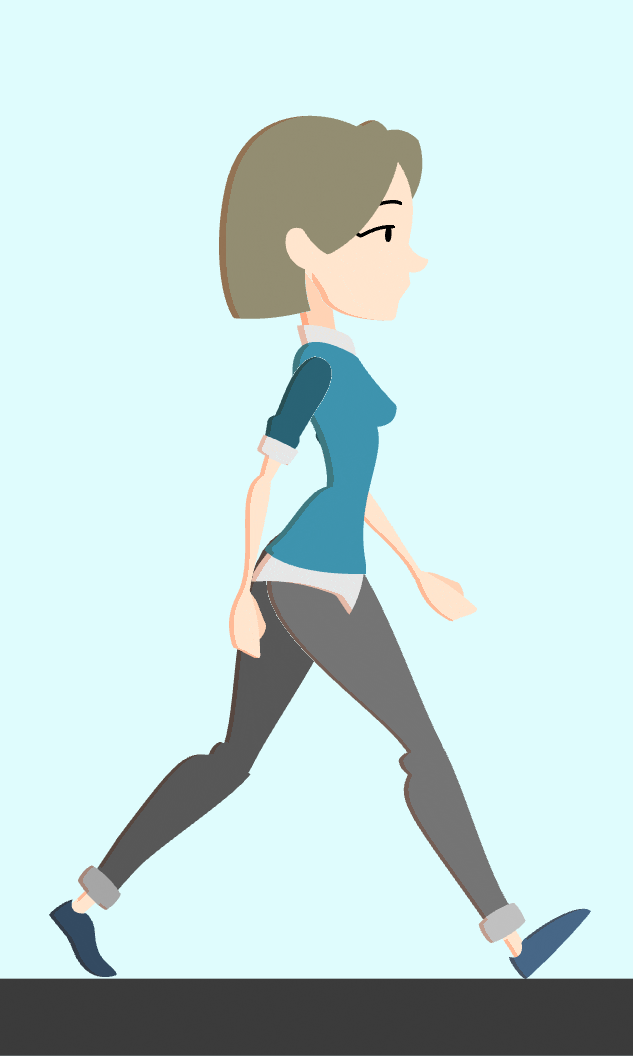
Walking Animation
Nikita
- United Kingdom

Loop Animation
Nysa
- India
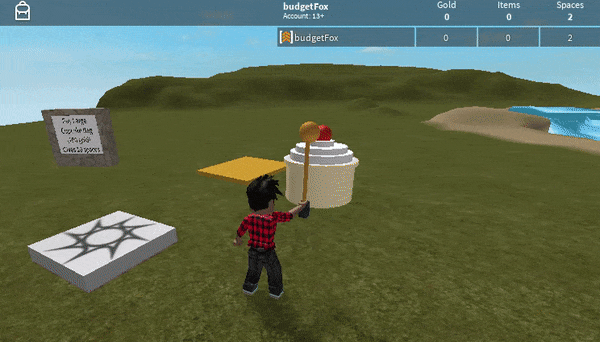
Shopping Game
Piyali
- United Kingdom

Solar System Animation
Ranvir
- Canada
